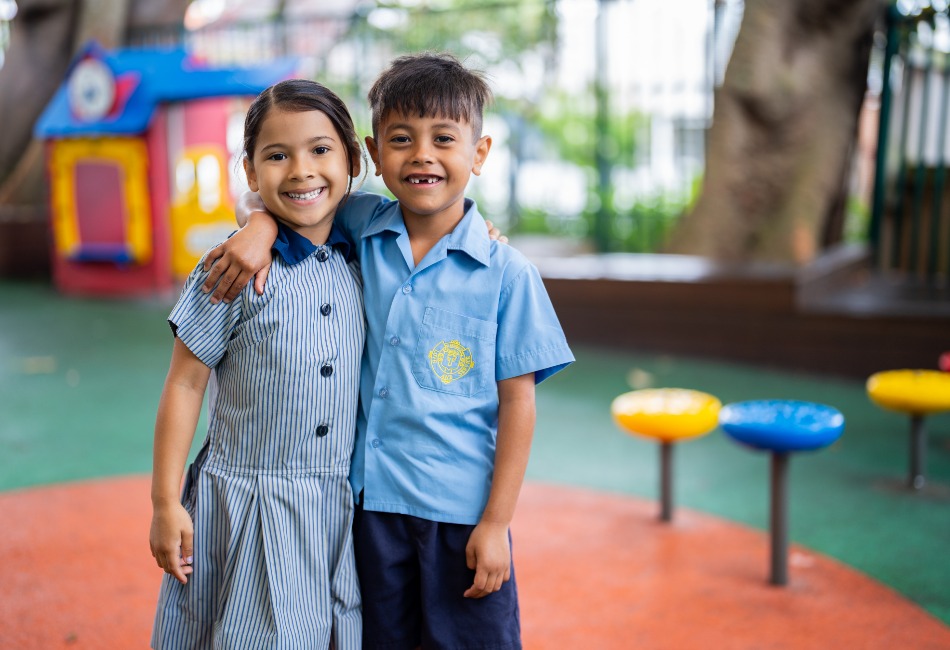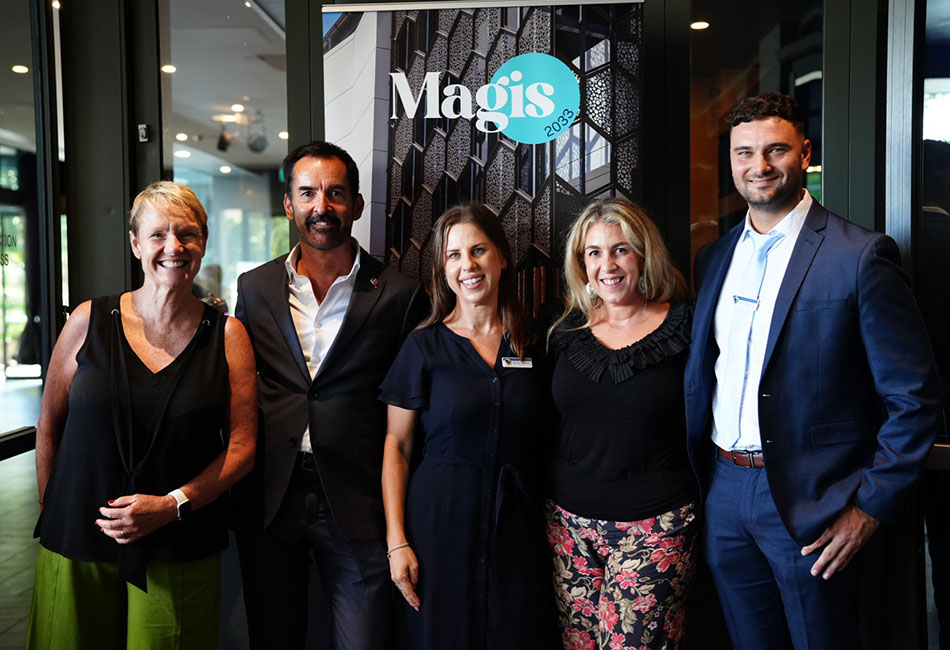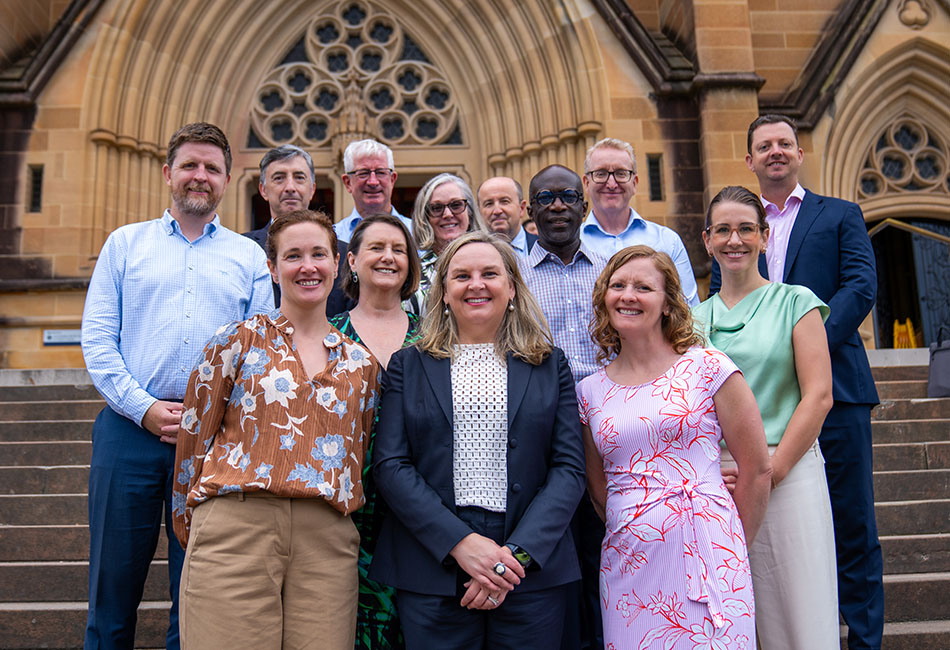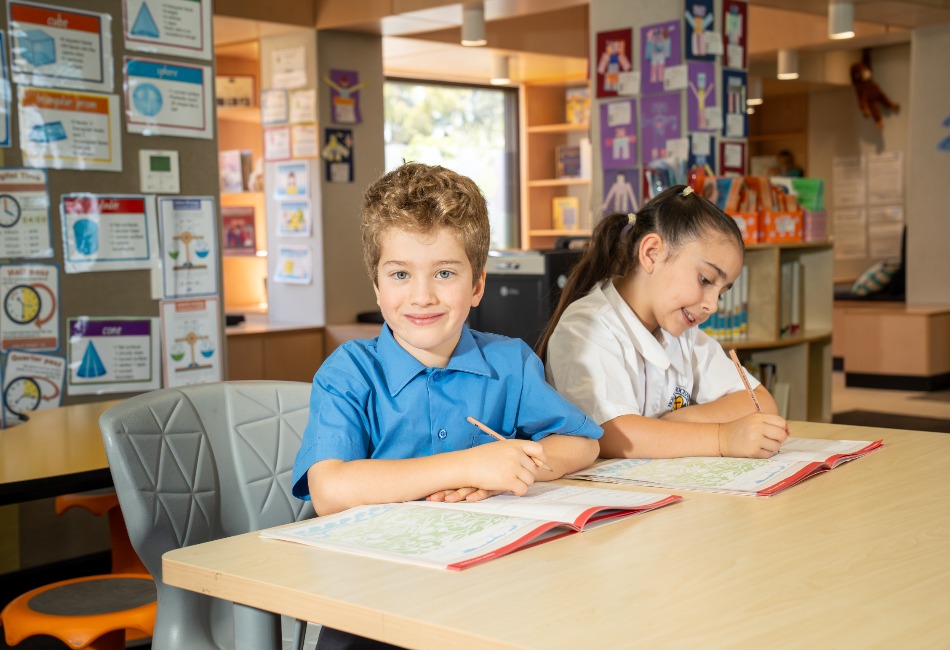Building a child’s resilience may be one of the best ways to help them thrive at school and beyond.
School brings so many opportunities for growth and learning. Each day is a source of wonder and new discoveries, personal and academic growth, fun and friendships. But sometimes a challenge may arise.
Enter resilience, the ability to deal with disappointments and to ‘bounce back’ when faced with difficulties.
Here is how to help your child with this vital skill, and how schools support its development.
Why resilience matters
Sydney Catholic Schools (SCS) Manager: Student Wellbeing, Clare McMahon is a Registered Psychologist.
She said wellbeing at SCS’ 147-strong system of schools is characterised by positive relationships and opportunities to maximise strengths.
Both are factors that have a role to play in building students’ resilience and a positive experience of school.
“At SCS we know that young people who feel safe, connected, secure and have loving and trusting relationships are more likely to be active participants in their learning,” Ms McMahon said.
“They are also more likely to achieve better physical, emotional, social and educational outcomes.”
“Resilience is not about being happy all the time. We need to help our children learn to fail well and learn to accept all emotions because all emotions are a part of life.” – Clare McMahon
A growth mindset
 A growth mindset is a trait cultivated in classrooms across the system, and can help to build a student’s resilience.
A growth mindset is a trait cultivated in classrooms across the system, and can help to build a student’s resilience.
Part of positive psychology, a growth mindset is a belief that abilities can be developed through dedication and hard work.
Those with a fixed mindset are more likely to avoid new challenges, and believe qualities like intelligence or talent are fixed traits that wholly determine success.
“A resilient child knows that they will not always get it right,” Ms McMahon said.
“They know that it is ok to be upset, that other people will have different opinions, and how to ask for help.”
Teachers employ a range of strategies to encourage students to adopt a growth mindset.
They include encouraging students to view challenges as a natural and important part of the learning process: ‘I can’t’ becomes ‘I can’t yet.’
Teachers also frame mistakes as learning opportunities, and encourage students to set goals that are incremental and achievable to show that growth and progress are attainable.
“A resilient child knows that they will not always get it right … and how to ask for help.” – Clare McMahon
Social connections for inner strength
A sense of community and social connection is another factor that can help a child be more resilient.
Ms McMahon said helping a child to cultivate different social circles – including from family, school, preschool, sport and neighbourhood groups – is another helpful way to build and maintain resilience.
“If there is a friendship difficulty in one circle, it can help a young person to have another friendship circle to have positive interactions with,” Ms McMahon said.
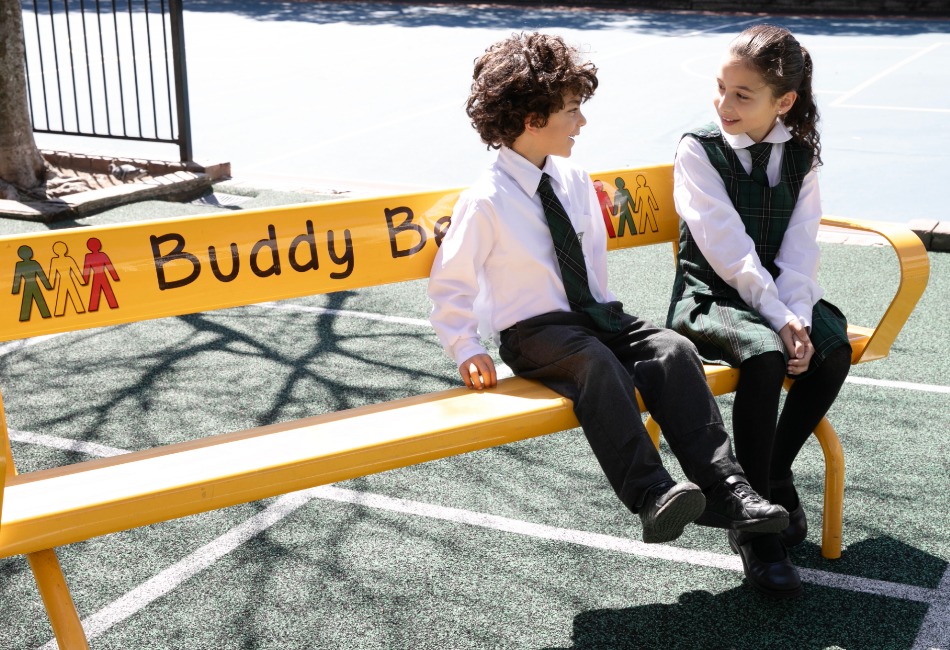 Inter-school sport competitions and the ‘buddy bench’ popularised by primary schools both provide opportunities at school for children to form social connections beyond their usual friendship circle.
Inter-school sport competitions and the ‘buddy bench’ popularised by primary schools both provide opportunities at school for children to form social connections beyond their usual friendship circle.
Play, books, and conversations at home can also help young people to identify the signs of a positive friendship and learn pro-social skills such as sharing and listening to others.
Modelling resilience
Modelling resilience is a powerful way to help a child learn it.
“That doesn’t mean acting as though all is well, it means you show how to cope and talk through it when something tough is happening,” Ms McMahon said.
“Younger children need co-regulation to help when they are feeling distressed, for example, deep breathing together.”
Unconditional positive regard – that is, being warm and accepting of a child despite the mistakes they might make – is an important element to fostering resilience in the classroom.
 By supporting students to complete learning tasks through active listening, and without taking over the task at hand, teachers help bring resilience to the fore.
By supporting students to complete learning tasks through active listening, and without taking over the task at hand, teachers help bring resilience to the fore.
‘Scaffolding’ learning in this way encourages students to seek help and persist with challenges.
Ms McMahon said creating opportunities for children to explore their interests at home and to practise self-compassion when they are facing a tough time is helpful.
Meanwhile, a trusted teacher or school counsellor can also be an important part of a student’s support system.
 “Research indicates a positive relationship with at least one caring adult outside of the child or young person’s immediate family is related to greater mental health and resilience,” Ms McMahon said.
“Research indicates a positive relationship with at least one caring adult outside of the child or young person’s immediate family is related to greater mental health and resilience,” Ms McMahon said.
“Praise for effort, setting high but achievable expectations, maintaining a level of predictability in the school day and creating space for students to voice their input are all ways that teachers foster resilience.”
An emphasis on excellence in all areas of education – from academic to vocational, sport and the arts – helps Sydney Catholic Schools nurture the potential of all students in their 147-strong network of primary and secondary schools.
Click here to find your nearest Catholic school.

